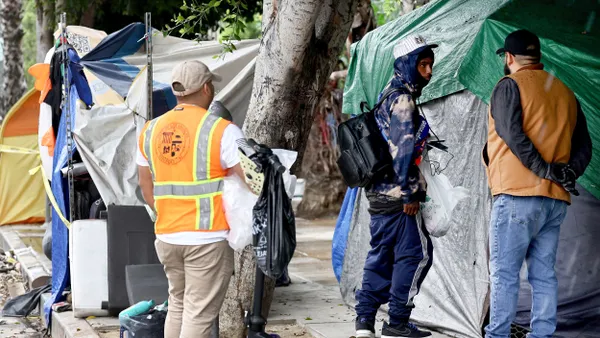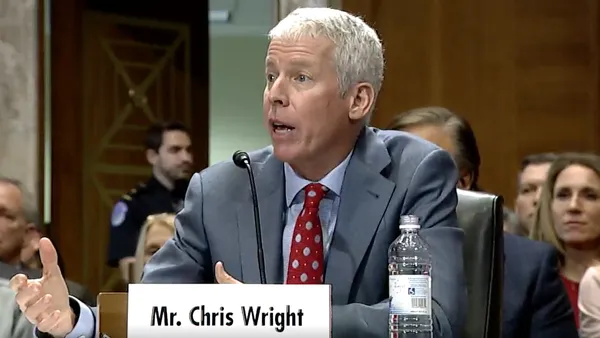Dive Brief:
- Portland General Electric (PGE), the utility that covers more than 40% of Oregon, announced plans to file a proposal for the nation’s largest smart grid test project, which would serve more than 20,000 customers.
- The project, set to begin next year and run for two and a half years, would install smart grids in three Oregon cities: Hillsboro, Portland and Milwaukie. PGE would then help customers automate smart devices to interact with the grid; when electricity demand is high, for example, customers could elect to run their devices more efficiently to save energy.
- The project aims to get at least 66% participation from eligible customers; the typical participation rate for a demand-response program is less than 7%. "This first-of-its-kind project will leapfrog over other smart grid efforts, enabling PGE to gain and share learnings that will aid the entire industry," PGE president and CEO Maria Pope said in a statement.
Dive Insight:
If successful, the smart grid test would become a national leader for the nascent technology and show the future of utilities where users are more connected with the grid and can reduce demand to lessen the burden on the network. Already, PGE has the nation’s top voluntary renewable energy program in the country, showing that its customers back clean energy.
The test will also be a huge shift for participating customers, who will get direct insight into the demands of the regional electrical grid and their interactions with it. As more devices like electric vehicle (EV) chargers come online, the interplay with the grid for storage and reducing demand at peak times will become more important for consumers and providers alike.
Moving to a more energy efficient economy is also one of the biggest steps that cities can take to combat climate change, especially since they have greater control over utility contracts. A survey released in September by the U.S. Conference of Mayors and Center for Climate and Energy Solutions found that 65% of cities surveyed are using low-carbon sources for municipal operations, and renewable energy purchasing was a top feature of climate plans.
Adapting to a smart grid goes further to reduce demand, and most states are already looking ahead to grid modernization projects. Expect to see more cities mirror the PGE pilot or test out microgrids to help manage their electricity load.











